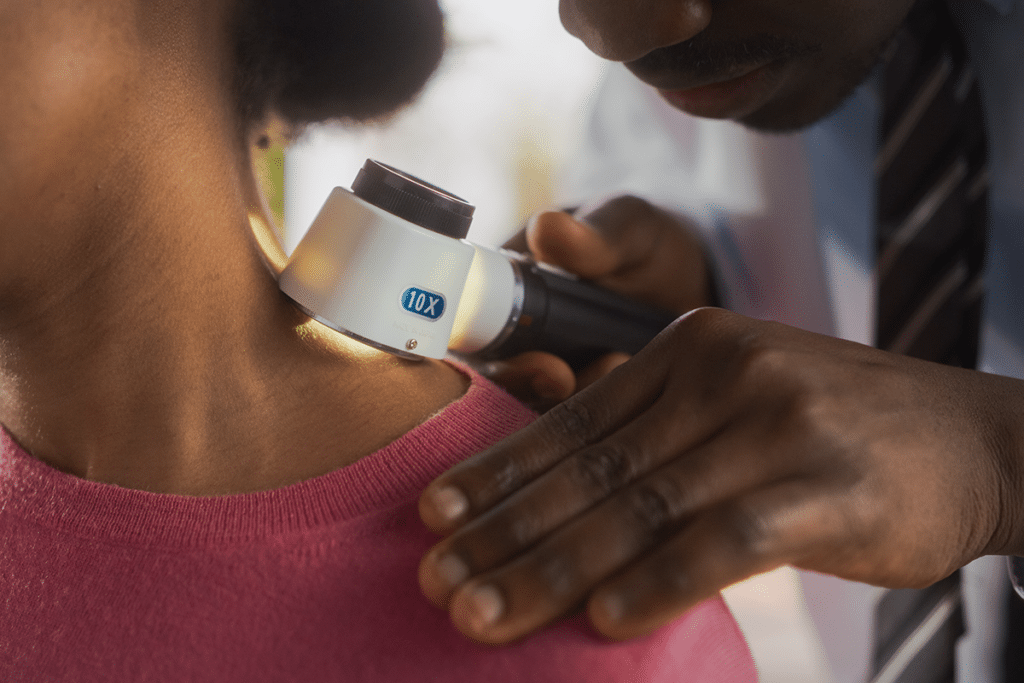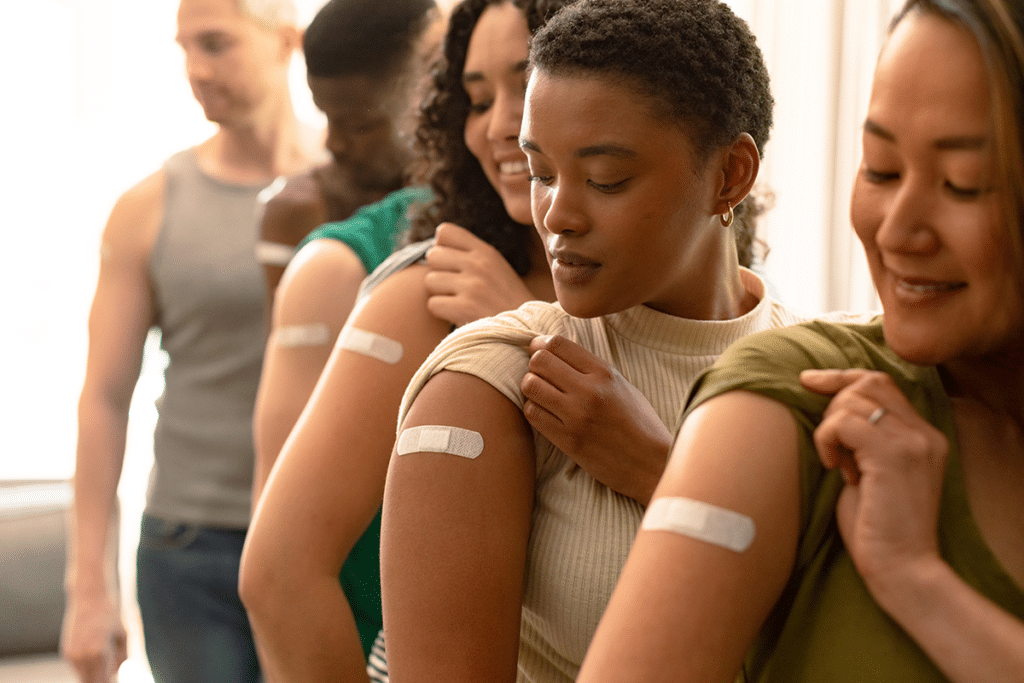Welcome to the CME Outfitters (CMEO) Health Equity Education Hub. CMEO has assembled a dedicated educational website to provide free, CME/CE-certified education to health care providers and non-health care providers on cultural competence/humility, bias, and health equity.
Below you will find a series of activities reflecting on these themes followed by additional education in health equity sorted by therapeutic areas of interest. Downloadable resources are also included at the bottom of the page. CME/CE accreditations include AMA PRA Category 1 CreditsTM, ANCC (nursing), AAPA (physician associates), ACPE (pharmacy), APA (psychology), American Board of Internal Medicine Maintenance of Certification, as well as others. All activities are eligible as MIPS Improvement Activities.

To participate, click on an activity title or the Learn More button to read details on the activity and to participate. You will be asked to create a free account to participate in the activities. This free account will serve as a personalized learning catalogue where you can see a list of activities started and completed as well as access all CME/CE certificates earned.
General Education
Proceedings of the Forum: Addressing Unconscious Bias and Disparities in Health Care: A Call to Action
This CME Outfitters Newsletter article focuses on historical and present-day sources of health care disparities as discussed in a trail-blazing, two-day, round-table seminar. The discussion included the effects that disparate health and health care have on vulnerable minority populations, and specific strategies to mitigate structural and interpersonal racism to counter these disparities and promote best practices for equitable patient treatment and outcomes.
The Patient Journey: Eliminating Disparities at Every Step
In this CME Outfitters webcast, expert faculty will discuss unconscious bias, racial and ethnic disparities, and health inequities and lay the foundation to implement real-world strategies and actionable steps for health care professionals (HCPs) and non-HCPs, including office, administrative, and support staff. This webcast will also integrate the patient perspective and allow learners to recognize how patients are impacted throughout their care and best practices that can improve care and outcomes for all.
Equity and Health Care Disparities: The Role of Leaders in Addressing the Crisis
This CMEOCast podcast will focus on the role of health systems in addressing structural racism and clinician/staff biases and how health systems administrators can integrate best practices to support patients and reduce disparities in care.
Findings from an Educational Initiative Addressing Racial Disparities and Bias in Health Care
The CME Outfitters Diversity, Equity, and Inclusion (DE&I) phase 1 initiative focused on six key therapeutic areas: maternal health, cardiovascular care, pain management, oral health, dermatologic health/melanoma, and elective surgery. Each of these areas face significant health inequities, leading to increased morbidity and mortality rates among underserved populations. This digital monograph illustrates the impact of the educational initiative on HCP knowledge and competence as well as patient outcomes.
Educational Hubs
Resources
Implicit Association Test
Assess Food Insecurity
Over 35 million Americans are food insecure, which is associated with nearly $53 million in health care costs. As food insecurity relates to higher rates of obesity, diabetes, and other health conditions, assessing patients for food insecurity is one of the most important tools physicians can use. Access these links to view this simple 2-question survey and other tools available to assess food insecurity in patients of all ages.
Clinician Guide to Implementing Gender-Neutral Terminology
Using assumptive or gendered terms for pronouns, relationships, or bodies in health care can be harmful to patients because it reinforces stereotypes around gender expression and identity. Until the HCP has had a chance to establish patient consent around terminology, consider using gender-neutral terms to cultivate an inclusive environment for your patients of all gender identities. Learn more about the intersections of gender, language, inclusivity, and health equity, as well as suggested language swaps in this free PDF guide.
Clinician Guide to Understanding Pronouns
Pronouns are the language we use in order to refer to other people. In order to avoid assuming someone’s pronouns based on factors like appearance, we should routinely share our pronouns and ask for the pronouns of others. Download this free guide to learn more about common pronouns, the harm of assumptions, pronouns in the workplace, and more.
How To Be A Good LGBTQIA+ Ally
An ally is one who knows and cares about an LGBTQIA person. For some, being an ally will be as easy as breathing. For others, it will take intentional effort. To learn more about LGBTQIA+ allyship, download this free PDF guide.













